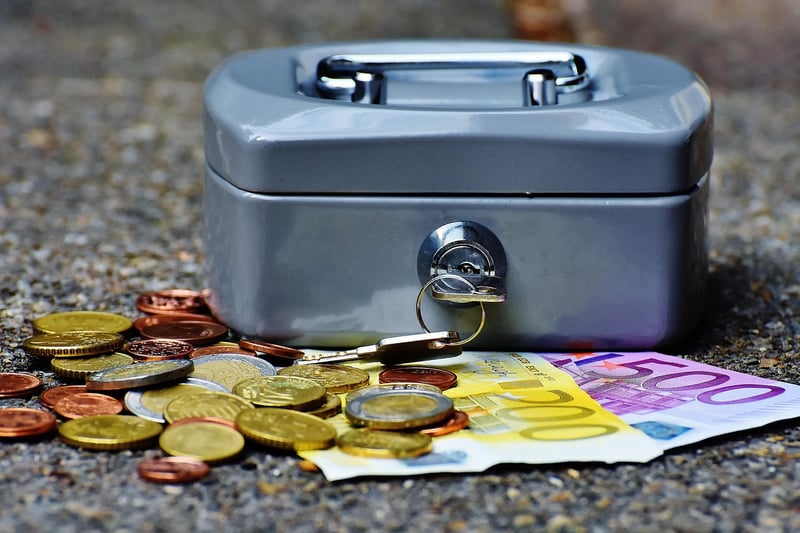Emergency Funds
Why You Need an Emergency Fund to Protect Against Unforeseen Events
Life is full of surprises, and not all of them are pleasant. From unexpected medical emergencies to sudden job loss, unforeseen events can throw your financial stability off balance in an instant. This is where having an emergency fund can make all the difference.
What is an Emergency Fund?
An emergency fund is a pool of money set aside to cover unexpected expenses or financial emergencies. It acts as a safety net, providing you with a financial cushion when life throws a curveball your way.
Why You Need an Emergency Fund
- Financial Security: An emergency fund ensures that you have the necessary funds to cover unexpected expenses without having to rely on high-interest loans or credit cards.
- Peace of Mind: Knowing that you have a financial safety net in place can reduce stress and anxiety, allowing you to focus on other aspects of your life.
- Preparedness: Being prepared for unexpected events can help you navigate through challenging times without derailing your long-term financial goals.
- Preventing Debt: An emergency fund can prevent you from falling into debt when faced with sudden expenses, helping you maintain your financial health.
How to Build an Emergency Fund
Building an emergency fund requires discipline and commitment. Here are some steps to help you get started:
- Set a Goal: Determine how much you want to save in your emergency fund, typically 3 to 6 months' worth of living expenses.
- Create a Budget: Track your income and expenses to identify areas where you can cut back and allocate more towards your emergency fund.
- Automate Savings: Set up automatic transfers from your checking account to your emergency fund to ensure consistent contributions.
- Reduce Expenses: Cut unnecessary expenses to free up more money for your emergency fund.
- Stay Consistent: Make building your emergency fund a priority and stay committed to your savings goal.
Conclusion
Having an emergency fund is a crucial part of financial planning. It provides you with a sense of security and preparedness to face whatever life throws your way. Start building your emergency fund today to safeguard your financial future.

